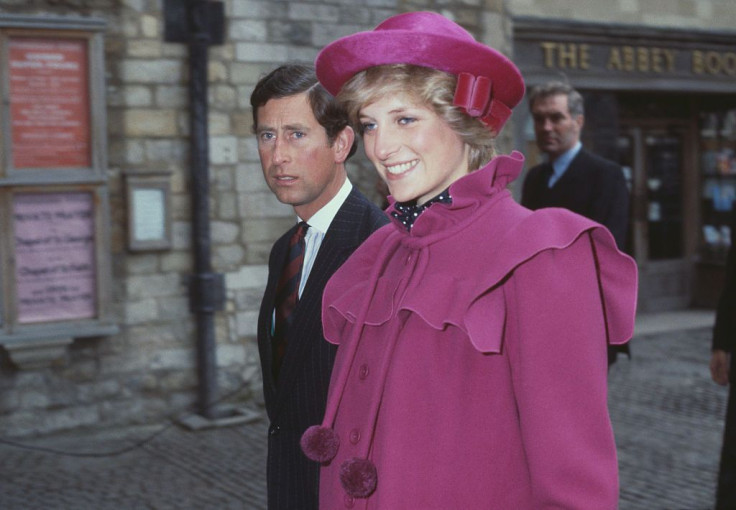Princess Diana’s Wedding Shoes Featured Intricate Detail But Had ‘Very Small’ Heels

Princess Diana’s wedding shoes featured an intricate detail that was a tribute to her ex-husband, Prince Charles.
Instead of focusing on what exactly she wanted, the Princess of Wales had the heir to the throne in mind the entire time. This meant that her wedding shoes were designed while taking Prince Charles into consideration.
While speaking with Daily Mail, celebrity designer Clive Shilton said that Princess Diana was to get the perfect shoes for her special day.
“She was a very shy, sweet, smiley-eyed young girl. Her main concern was that she wouldn’t appear taller than Prince Charles, and because she was very tall - 5ft 10in — the shoes would have to have a low heel,” he said.
Princess Diana’s wedding shoes also featured the letters “C” and “D” on the soles. Even though no one saw the bottom of Princess Diana’s shoes, the designer made sure to make it look perfect for the royal. The initials “C” and “D” represented the first letter in Prince Charles and Princess Diana’s names.
However, the use of initials for an important piece was not only exclusive to the former royal couple. Years ago, Prince Charles gave Camilla Parker Bowles a gold bracelet with the initials of their nicknames for each other: Gladys and Fred.
And just before Prince Charles and Princess Diana’s royal wedding took place, the late royal found the bracelet inside her husband’s study. Prince Charles vehemently denied that he was having an affair with Camilla but Princess Diana was certain that she was right.
“What enraged Diana most of all was a bracelet destined for Camilla that she found on Michael Colborne's desk one Friday afternoon. Diana confessed she'd had a look at what was on his desk but said nothing further about it… She became jealous obsessing about Camilla and turning against people she'd appeared to like, convinced they were out to get her, undermine her or spy on her,” Penny Junor wrote in "The Duchess: The Untold Story."
© Copyright IBTimes 2024. All rights reserved.





















